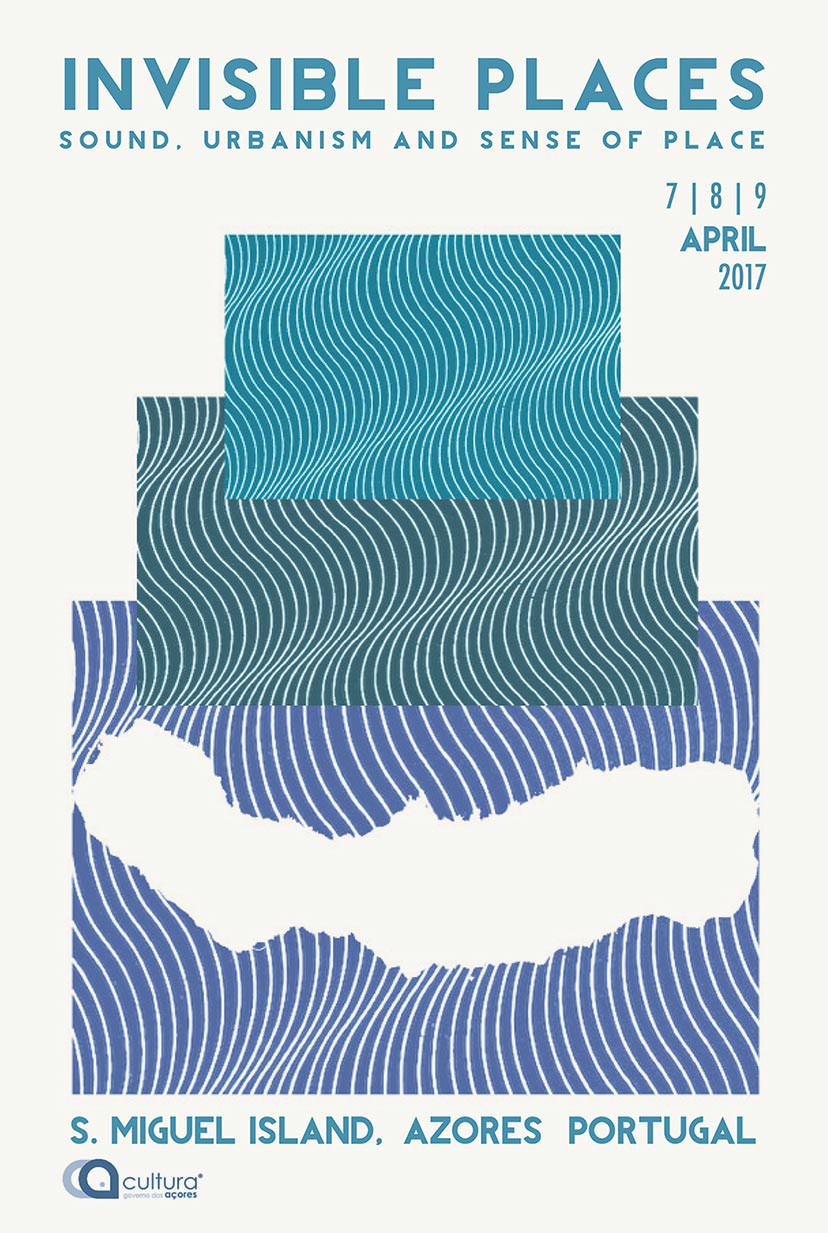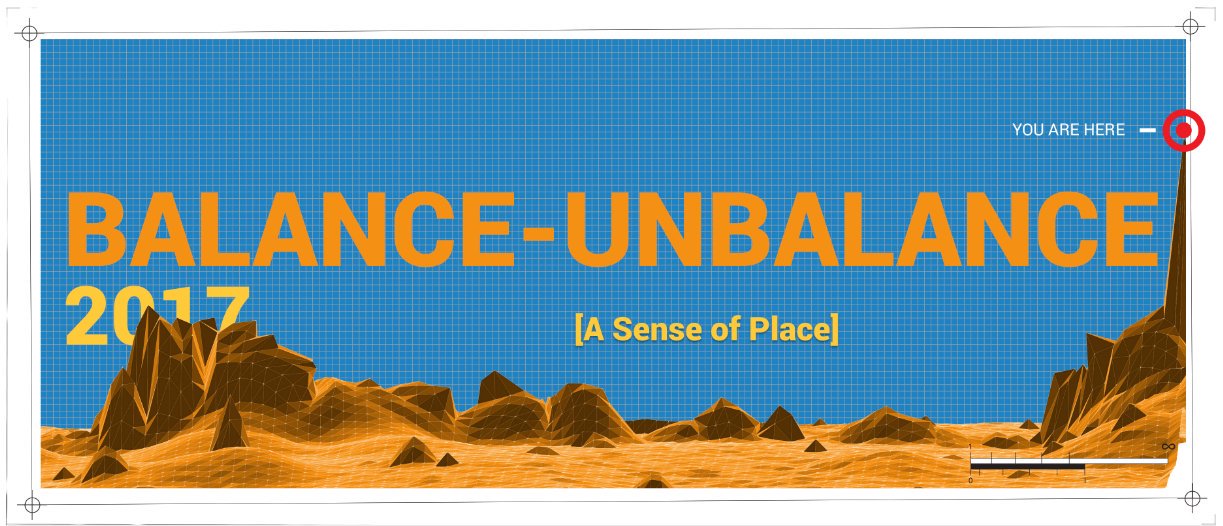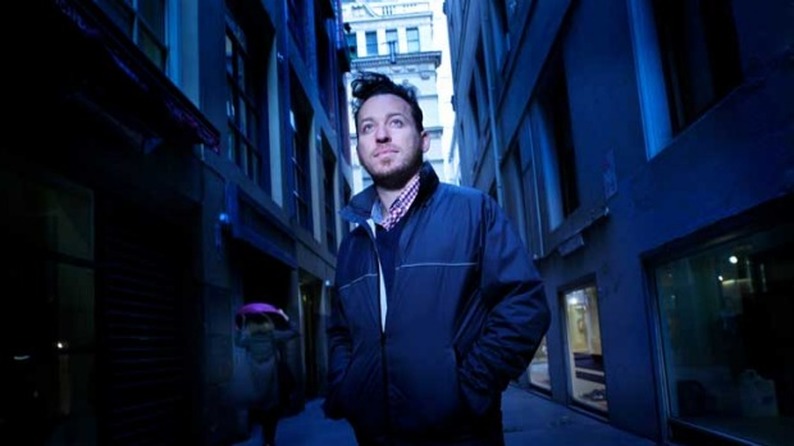|
INVISIBLE PLACES 2017 SOUND, URBANISM AND SENSE OF PLACE 7-9 APRIL 2017 SÃO MIGUEL ISLAND, AZORES, PORTUGAL Many studies engaged with acoustic ecology have focused on urban environments, motivated by increasing concerns about the sensory impoverishment related to the dominance of anthropogenic sound associated with traffic and other types of transport, machinery from industry or construction, alarm signals and other sounding activities, which often mask and interfere with our living environment. These anthropogenic sounds have tended to be linked to a lack of environmental quality, as they inhibit the perception of other natural sounds. The sounds of the wind, the water, the voicing of certain animals originating from natural landscapes often contrast with human sounds in urban landscapes. They often share the same physical characteristics as measured by volume, duration, frequency or tone, but are experienced by humans differently. Beauty is in the ear of the beholder, we could say. Soundscapes are part of any ecosystem and a fundamental manifestation of life. Every individual and species contributes and responds differently to a given sonic context with its own perceptual mechanism and will use diverse communication strategies. Development processes and urbanization have directly influenced the environment, often in negative ways that eliminate or diminish unique sounds, causing loss of social identity and cultural diversity. The aim of this conference is to bring together scholars, artists and theoreticians on soundscape art and ecology and encourage them to present new perspectives that will further interdisciplinary research and practice. We still know little about the complex relationships between landscapes and soundscapes or the significance of acoustic ecology for all living organisms including ourselves. Focused study and intentional stewardship of our sound heritage for the holistic evaluation of landscapes is fundamental to the evolution of all species, and will have a great impact on the survival of many. More information at www.invisibleplaces.org
0 Comments
BALANCE-UNBALANCE 2017
[Arts + Sciences x Technology = Environment / Responsibility] A Sense of Place August 21 to 23, 2017 i-DAT, Plymouth University, UK. The 6th edition of the Balance-Unbalance International Conference will be held from August 21 to 23 of 2017 in Plymouth, UK. Produced by i-DAT in collaboration with the Sustainable Earth Institute, Art and Sound at Plymouth University, North Devon’s UNESCO Biosphere Reserve, Beaford Arts, Fulldome UK and the World Forum for Acoustic Ecology. The theme for BunB 2017 is “A Sense of Place”. Our increasingly mediated relationship with the environment brings new insights to the invisible forces that affect complex ecologies. From meteorological data flows to temporal climate change models, our relationship with our environment is becoming more abstract, simulated and remote – tempering our desire to act. Could it be that we know more and experience less? BunB17 maps the coordinates of our Sense of Place – the horizontal landscape to the vertical transcalar spaces of the macro/micro. Balance-Unbalance encourages submissions related to acoustic ecology. Deadline for submissions is January 16, 2017 (midnight, UK time) and notification of acceptance is February 28, 2017. More information at www.balance-unbalance2017.org Anthony Magen is a Landscape Architect and Acoustic Ecologist navigating the ecotones of culture. This navigation is facilitated through the construction of the built environment in a professional capacity, through pedagogy, soundwalking as an active artistic practice and an ongoing commitment to the World and Australian Forums for Acoustic Ecology. Anthony Magen’s practice includes the presentation of neorealist abstractions in ‘live’ situations, small-scale interventions, audiovisual installations and photographic presentations facilitated throughout Australia. Anthony is the previous president of the AFAE. Explore the feature on Anthony's work at Liquid Architecture.
|
Categories
All
Archives
April 2023
|




 RSS Feed
RSS Feed